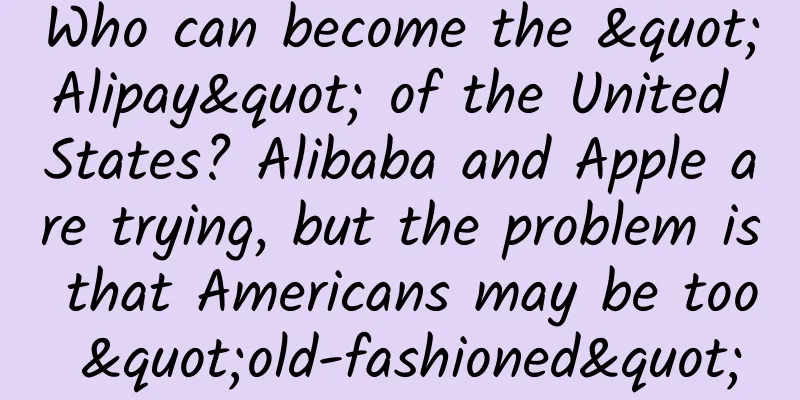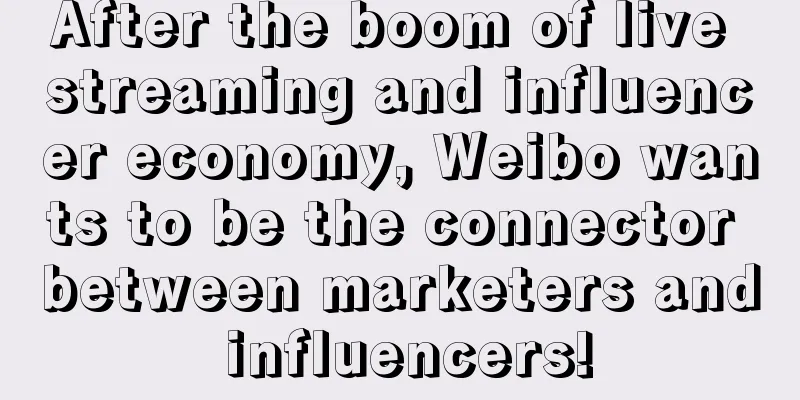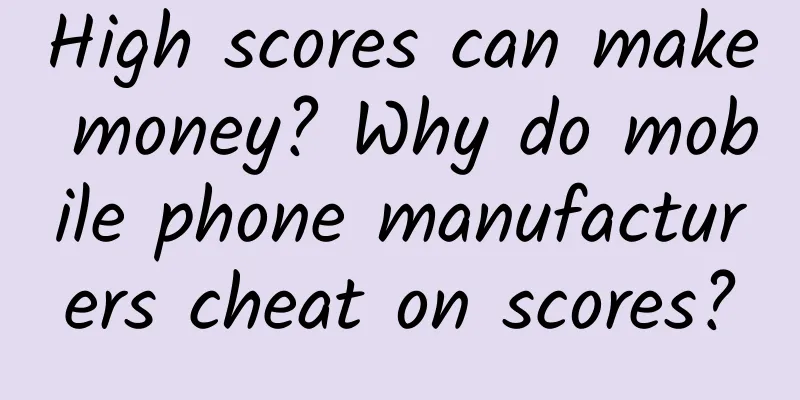Who can become the "Alipay" of the United States? Alibaba and Apple are trying, but the problem is that Americans may be too "old-fashioned"

|
Technology giants all want to open up new markets for mobile payments in the United States, from Alibaba to Samsung, and more recently Facebook and Apple. But the harsh reality is that Americans still prefer to pay with credit cards. Data released by CivicScience, a US consumer research platform, shows that US adults prefer to use debit cards for consumption, followed by credit cards, cash, and checks. Mobile payments not only rank first, but have also accounted for a very small proportion since 2015. The platform's CEO John Dick said that bank cards dominate Americans' payment methods, which reflects that they trust the banking system much more than technology companies, and the gap between the two has widened in 2017. Mobile payments in the U.S. are less than 1% of those in China Although the United States has developed financial services and consumer industries, daily mobile payments are still a hopeless problem. Data from global market research firm eMarketer shows that the total value of mobile payment transactions in the United States is estimated to be US$49.3 billion, less than 1% of that in China. According to data released by the Cyberspace Administration of China, the scale of mobile payment transactions in China exceeded 200 trillion yuan in 2017, ranking first. In addition to being popular in China, according to a recent Nielsen survey, nearly 75% of supermarkets and convenience stores in Southeast Asian countries such as Singapore, Malaysia and Thailand have also begun to accept mobile payments. David True, an analyst at US consulting firm Paygility, said the weakness of mobile payments in the United States is because it cannot bring additional benefits to consumers. Unlike simple mobile payments, American bank cards have many tricks, including incentive activities such as "cash back on consumption" and "exchange consumption for points". US mobile payment market "gold rush" Although conservative Americans lag behind the rest of the world in their acceptance of mobile payments, this does not affect the expectations of technology giants for this world's largest consumer market. Last month, Apple announced a partnership with Goldman Sachs and MasterCard to launch Apple Card, a credit card business, following Apple Pay, and it will be available to U.S. customers this summer. To increase mobile payments, Apple decided that when using Apple Card with Apple Pay, it will receive a 2% cashback, while the cashback rate for using only the physical Apple Card will be reduced to 1%. Last month, Facebook CEO Mark Zuckerberg said he saw the future of social networking sites in encrypted messaging, payments and other services. Wall Street Journal previously mentioned that Facebook, which has more users than Alipay and WeChat, is salivating over the big cake of digital currency and payment. Let's look at China's Alipay going global. Since entering the United States in 2016, Alipay has been expanding its business in North America. Now, 80% of taxis in New York and more than 2,000 taxis in Las Vegas accept Alipay payments. Souheil Badran, president of Alipay Americas, said earlier that merchants in urban areas and tourist areas have doubled their acceptance of Alipay, which has driven more mobile payments. Thad Peterson, senior analyst at Aite Group, a global research and consulting firm, said that mobile payments will grab more market share in the United States in the next five years; it is foreseeable that technology giants would prefer to bind the bank cards that Americans are accustomed to to virtual mobile wallets, so as to develop mobile payments while maintaining the leading position of bank cards in the payment field. |
<<: The “disappearing” mobile Internet
>>: Android Q lets users manage location permissions elegantly
Recommend
How to earn thousands of dollars a day through low-priced movie ticket projects through "Changjin Lake"?
Today I want to talk to you about a common topic ...
I didn’t spend a penny on promotion and achieved 23 million app downloads!
The author of this article spent 6 hours to creat...
Having experienced two booms in more than a year, what is the outstanding feature of Faceu in terms of operations?
In early 2016, under the guidance of celebrities ...
Little Printf's Programming Story: Chapter 1
[[160813]] The original author, Fred Hebert, is a...
iOS 17 releases dual system updates!
Yesterday morning, Apple pushed out iOS 17 Beta 4...
How to quickly reconstruct the operational strategy of private domain e-commerce?
Recently, I have been busy communicating with dif...
An Intel instruction set crashes AMD Ryzen processors again
The CPU has a basic instruction set, which refers ...
There are three levels of product marketing. Which one are you in?
I have also mentioned in previous articles that s...
How far behind is the iPhone 7 Plus, which was launched more than two years later than Honor in terms of dual cameras?
After Cook took over, Apple's innovation has ...
Some details and thoughts on “Guess the Picture Song”
Quickdraw’s CNN-RNN model The quickdraw model use...
Yingke has been removed from the shelves again. Will this be a sign that it is in trouble?
The rumors of "selling out" have just s...
Is subsidy really a shortcut to user growth?
This year's Spring Festival, we still enjoy t...
US confidential intelligence leaked again: there may be a "second Snowden"
Beijing time, August 6, morning news, according t...
Maugham's Literature Class: How to Read and Write
Introduction Maugham, author of The Moon and Sixp...
What exactly is the "Pink Muhly Grass" that is popular on the Internet?
Audit expert: Shi Jun Doctor of Botany, well-know...









